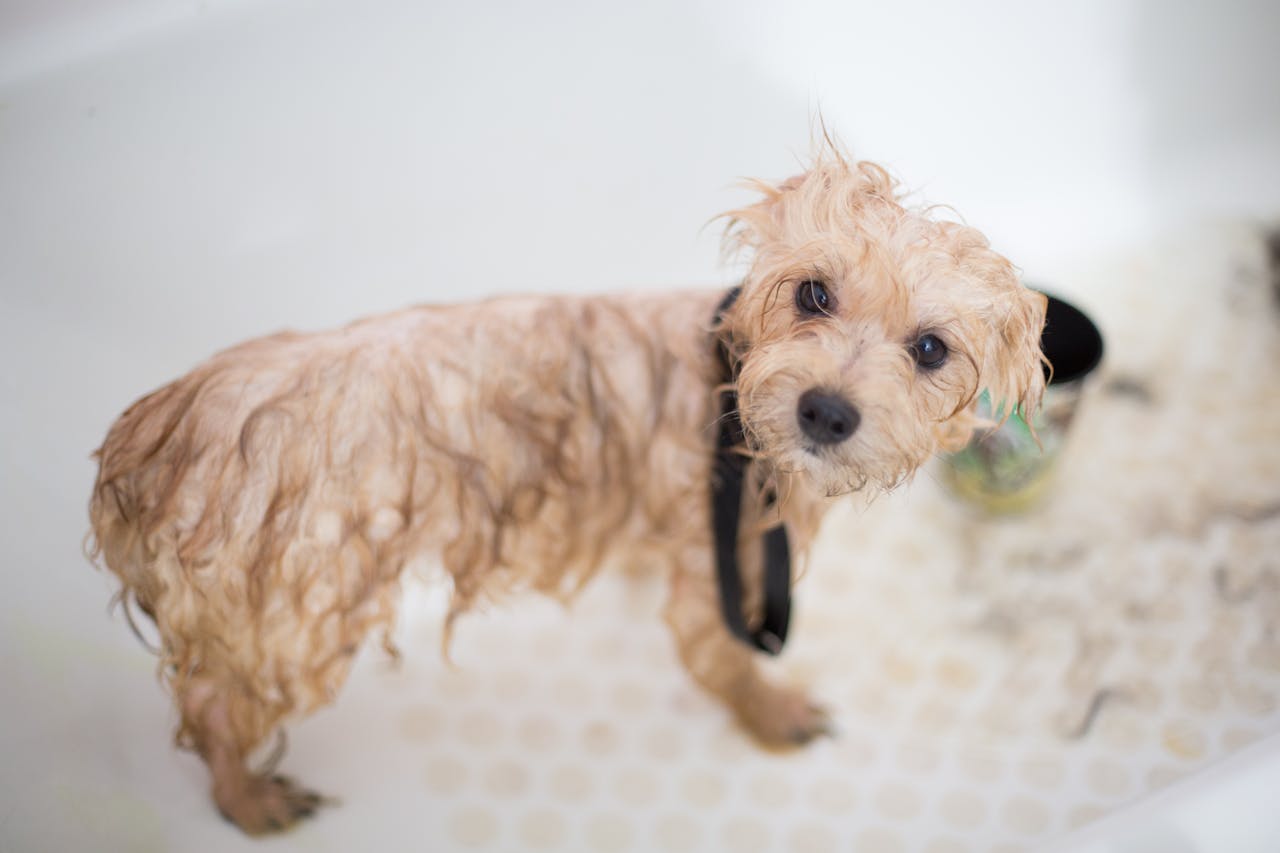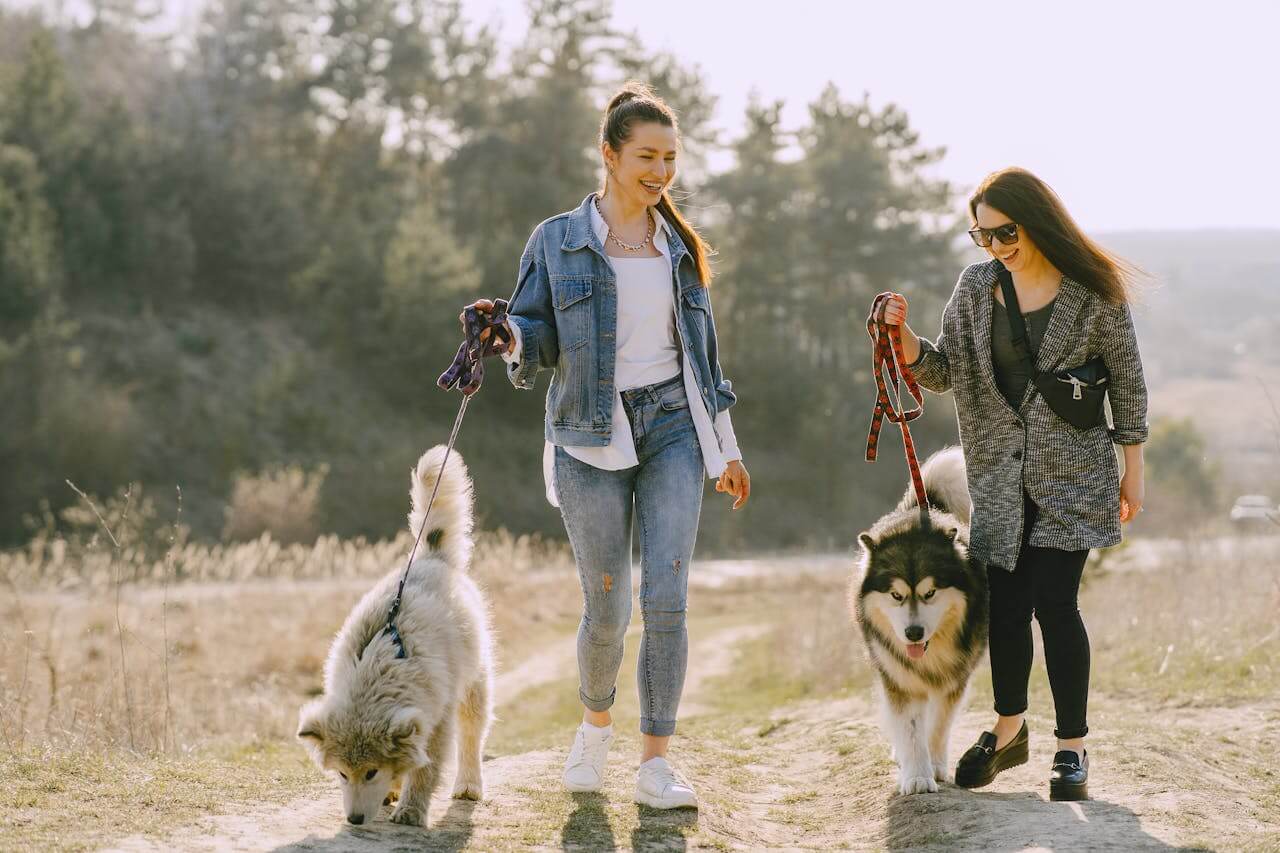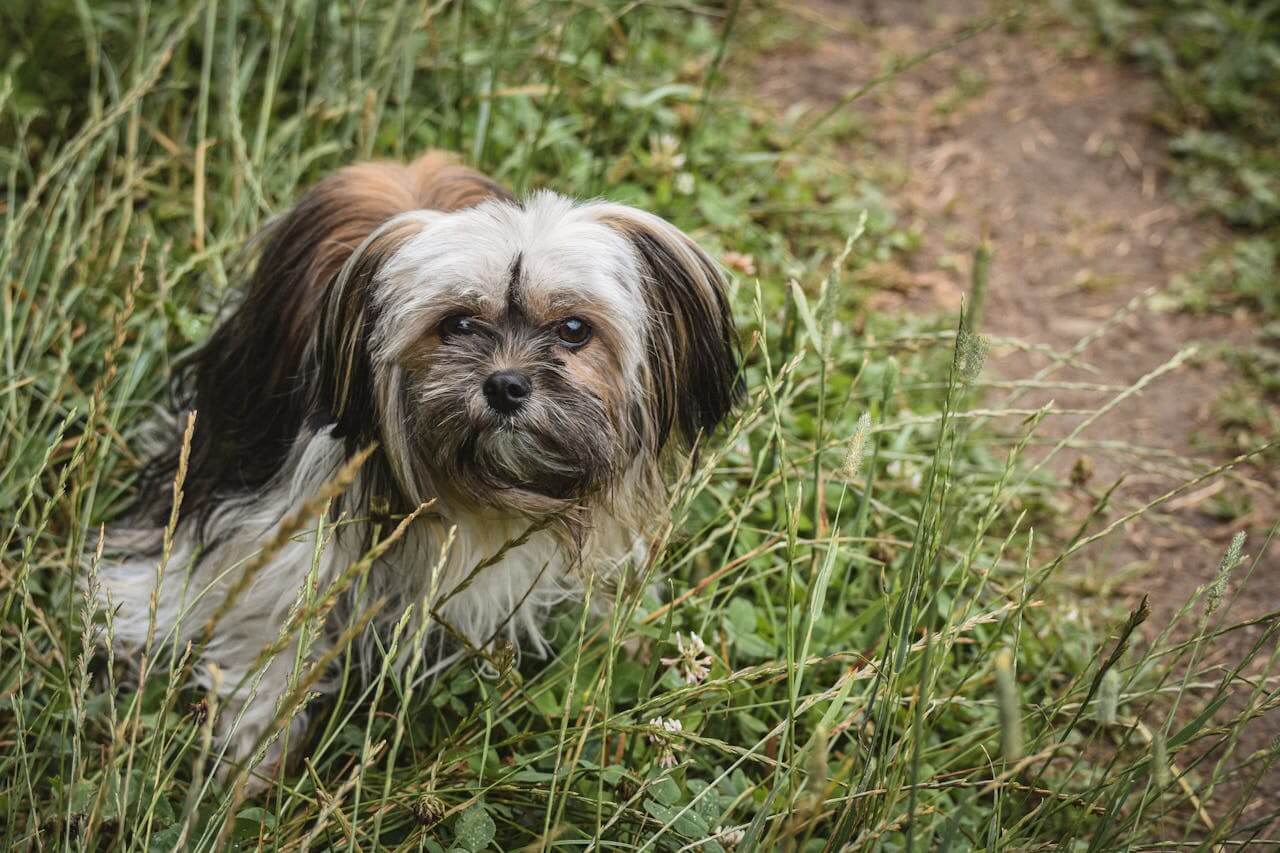If you’ve noticed your dog dragging their bottom across the floor, you’re not alone. While it may look a little silly (or frustrating when it’s on your rug!), scooting is usually a sign that something’s not quite right. So, what causes scooting in dogs, and how can you help them feel better?
1. What Does Scooting Mean?
Scooting is when a dog drags their rear end along the ground, often due to irritation or discomfort. It’s a common behaviour, but it shouldn’t be ignored—it’s often your dog’s way of saying, “Something’s bothering me back there.”
2. Most Common Causes of Scooting
- Impacted Anal Glands – Small scent glands near the anus can become full or infected, causing discomfort.
- Dietary Imbalance – Poor fibre intake or digestive upset can contribute to loose stools that don’t express the glands naturally.
- Allergies – Environmental or food allergies can cause itchy skin, including around the rear.
- Parasites – Worms or other parasites may cause itchiness and irritation.
- Skin Infections – Cuts, scrapes, or yeast infections can also trigger scooting.
Anal gland issues are by far the most common cause—especially in small breeds or dogs with chronic soft stools.
3. When to See Your Vet
If your dog is scooting regularly, licking their rear, or showing signs of pain, it’s best to have them examined. Your vet can manually express the glands, check for infection, and rule out more serious causes like parasites or abscesses.
4. Preventing Scooting Through Digestive Health
One of the most effective long-term strategies is to support your dog’s digestion. Firm, well-formed stools naturally express the anal glands, helping reduce the risk of impaction or discomfort.
Pupps Pre & Probiotic Treats contain a 5-strain probiotic blend plus digestive fibre (like pumpkin and flaxseed) to help:
- Promote firm, regular bowel movements
- Balance gut bacteria and reduce irritation
- Support immunity and reduce inflammation
- Minimise gas, scooting, and bad breath
They’re a great daily addition for dogs prone to digestive issues or repeated scooting.
5. Other Tips to Reduce Scooting
- Keep your dog’s rear clean with gentle wipes after walks
- Feed a high-quality diet with adequate fibre
- Stay up-to-date on worming and flea treatments
- Visit your groomer if your dog has long hair around the bottom
Addressing the root cause is key to long-term relief—don’t just wait for the behaviour to go away.
Final Thoughts: Stop the Scoot, Support the Gut
While it might seem like a quirky habit, scooting is often your dog’s way of showing they need help. From digestive issues to allergies or anal gland trouble, there are several things you can do to help them feel more comfortable.
Try Pupps Pre & Probiotic Treats to support firm stools, gut balance, and happy bottoms—naturally.




Leave a comment
This site is protected by hCaptcha and the hCaptcha Privacy Policy and Terms of Service apply.